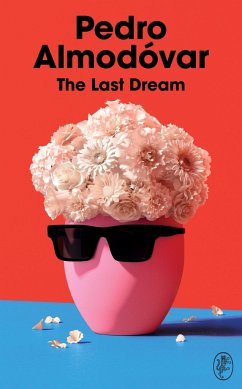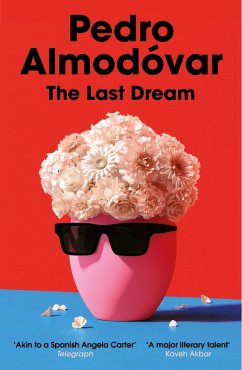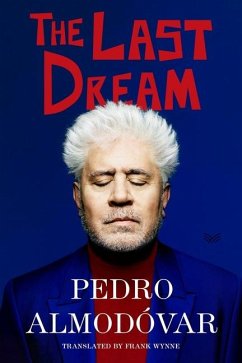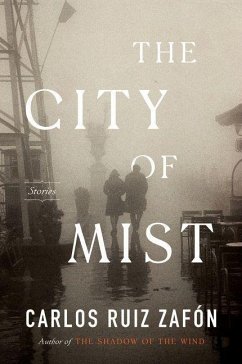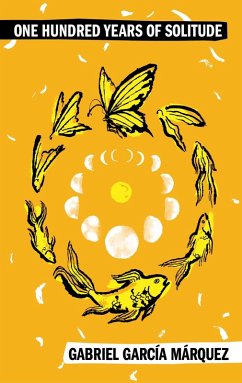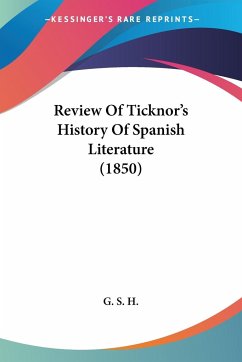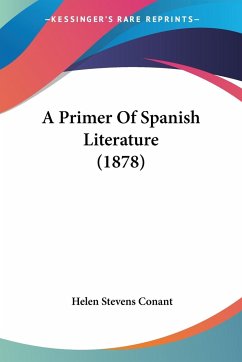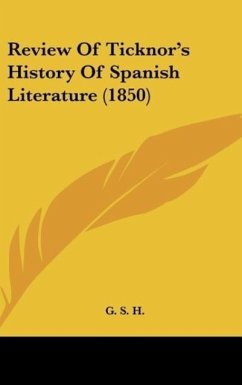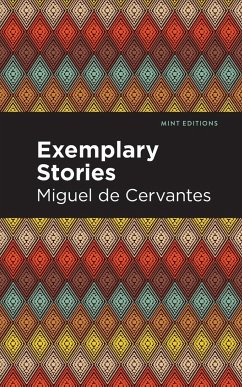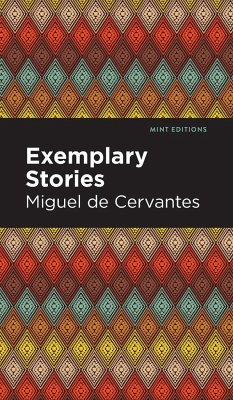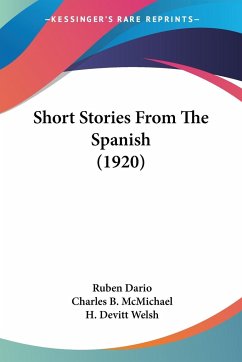
Short Stories From The Spanish (1920)
Versandkostenfrei!
Versandfertig in 1-2 Wochen
23,99 €
inkl. MwSt.

PAYBACK Punkte
12 °P sammeln!
""Short Stories From The Spanish"" is a collection of short stories written by the acclaimed Spanish writer, Ruben Dario. Originally published in 1920, this book features a range of stories that explore various themes such as love, death, and the human condition. The stories are written in Spanish and have been translated into English, allowing readers to experience the beauty and richness of the Spanish language. Dario's writing style is characterized by its poetic and lyrical quality, making each story a work of art in itself. From the tragic tale of a young woman's unrequited love to the hu...
""Short Stories From The Spanish"" is a collection of short stories written by the acclaimed Spanish writer, Ruben Dario. Originally published in 1920, this book features a range of stories that explore various themes such as love, death, and the human condition. The stories are written in Spanish and have been translated into English, allowing readers to experience the beauty and richness of the Spanish language. Dario's writing style is characterized by its poetic and lyrical quality, making each story a work of art in itself. From the tragic tale of a young woman's unrequited love to the humorous account of a man's misadventures in the city, ""Short Stories From The Spanish"" offers a diverse and captivating collection of stories that will leave readers spellbound. This book is a must-read for anyone interested in Spanish literature or those who simply enjoy a good story.This scarce antiquarian book is a facsimile reprint of the old original and may contain some imperfections such as library marks and notations. Because we believe this work is culturally important, we have made it available as part of our commitment for protecting, preserving, and promoting the world's literature in affordable, high quality, modern editions, that are true to their original work.



